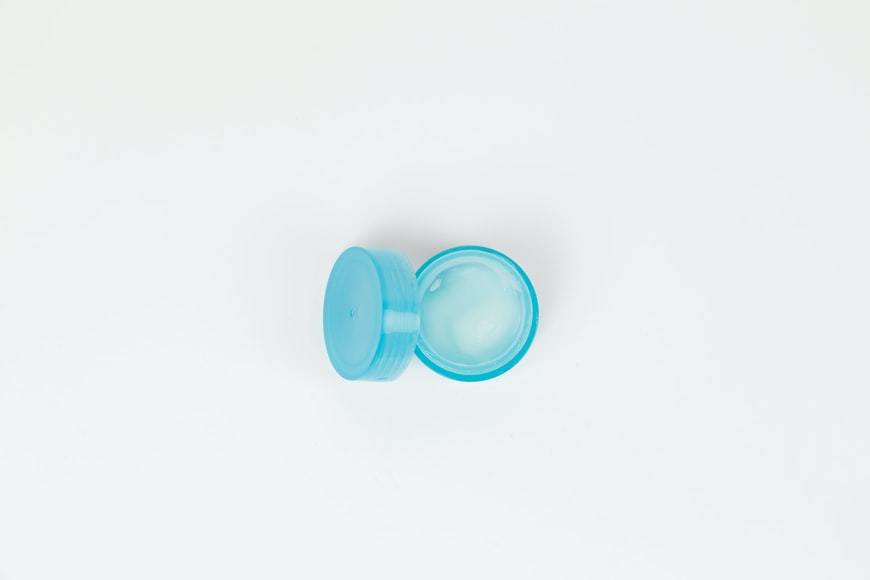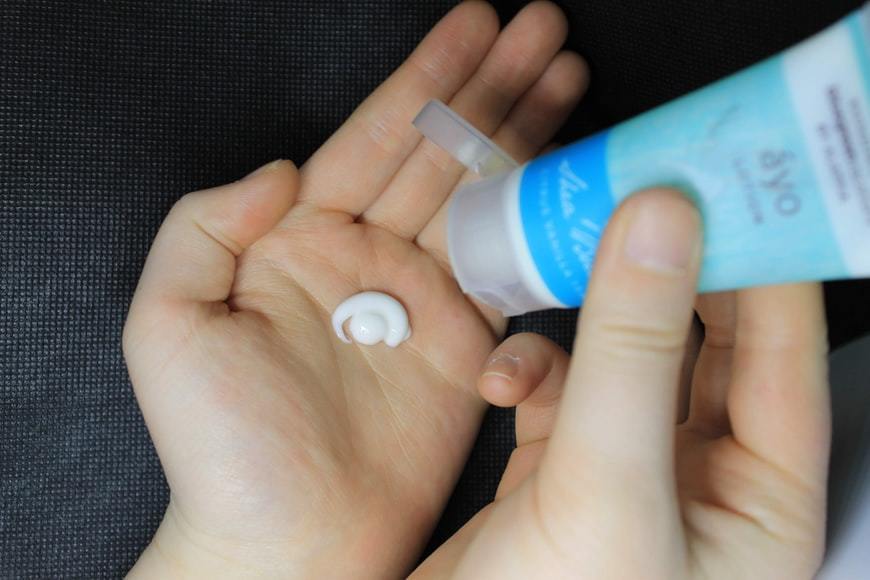
According to a survey conducted on women in their 20s and 30s, it was found that over 60% of respondents do not even use moisturizers. The fact that most of the respondents are concerned with looking youthful rather than actually preventing aging shows just how little they are aware of skincare. Here we tackle two of the best treats that you can give yourself – a good moisturizer and an even more nourishing night cream.
To have both for someone who has not been using moisturizer for a long time can mean major adjustments, but trust us, in 14 days or more your skin will thank you for giving it back the moisture it deserves. Let’s delve into the world of moisture and hydration.
The main difference between moisturizer and night cream

A moisturizer is a thick cream that softens your skin and keeps it well-moisturized throughout the day. Although many people use “night cream” and “day cream” interchangeably, there are actually differences between them. Day creams are lighter than night ones, are usually used in the daytime to provide moisture and protection from skin barrier irritation. On the other hand, a night cream is a moisturizer intended mainly for use at night. It may contain more active ingredients than a day cream, but is usually lighter and less oily than a night serum or gel.
The differences between a night cream and a moisturizer are the ingredients, texture, and skin-benefitting properties. A good night cream will hydrate your skin well enough so that it will help with cell turnover process while you sleep. This is essential for people who have dry skin because sleeping in moist surroundings can initiate healing processes while also improving moisture retention over time. Oftentimes, the ingredients specific to anti-aging like retinol and peptides are also integrated in night creams. This lessens risks of irritation and overdrying with the usage of these active ingredients.
On the other hand, day creams are light products designed to provide protection from irritants such as sun damage or pollution throughout the day and balance the moisture level of the skin after washing. Daytime moisturizers may contain sunscreen and antioxidants (vitamin C). Moisturizers can also come in gel form, which works best for those with oily skin or those living in extremely humid countries. This leaves less room for excuses not to use a moisturizer.
Do I really need a night cream?
If your main concern is aging skin or preventing signs of aging, then it’s time to pick that night cream. The best way to make sure that your skin cells will renew themselves effectively is by keeping it well-moisturized and nourished. Aside from offering moisture and hydration throughout the day, using a good quality night cream can also help in the cell turnover process, which helps accelerate recovery from acne and repair sun-damaged skin cells.
The best night creams in the market contain ingredients that stimulate collagen production as well as natural oils that keep one’s skin hydrated for several hours after application. With these properties, they inhibit the degenerative changes brought about by aging such as fine lines and wrinkles while restoring lost elasticity of the face. Note though that night creams tend to be more expensive than other moisturizing creams, simply because of this targeted function.
If you are still enjoying youthful skin, a good “night cream” alternative is to simply use a heavier moisturizer at night. This is particularly useful if you sleep with the air conditioner all night that can cause skin drying. If your skin is not too dry or oily, using a heavy moisturizer even during the day will still help keep it healthy and hydrated.
Last Updated on
- Exhaust fan vs ceiling fan - September 24, 2022
- What is Air Purifier Necklace? - August 30, 2022
- Can You Use an Air Purifier and Fan at the Same Time? - August 28, 2022
